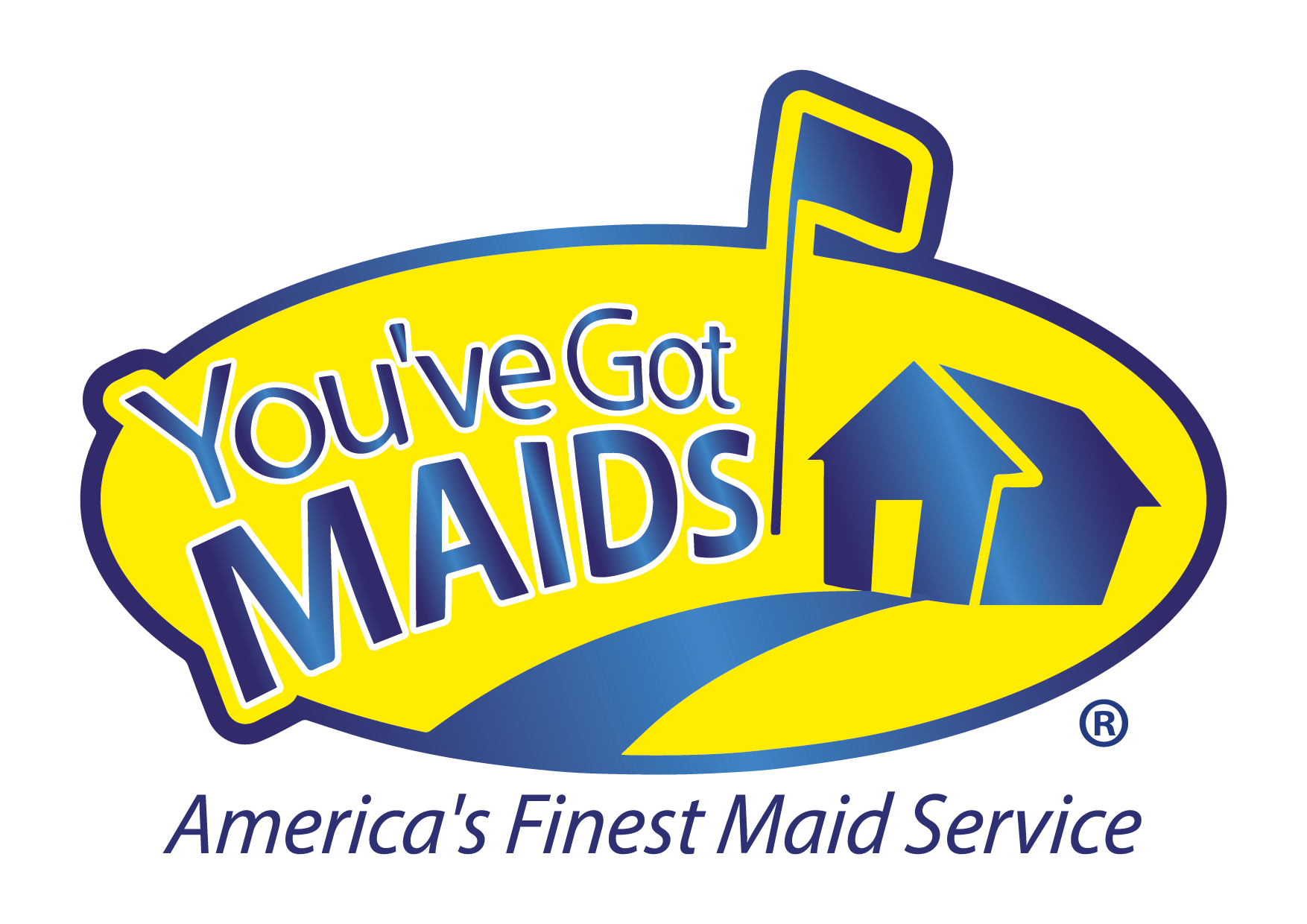I sometimes misdirect my loyalty. Once in awhile I catch myself defending a maid who is producing substandard results. I put up with the maids poor results, because I like them, or they always show up, or I like them because they always show up, or whatever. Did I mention that I like it when the maids show up to work?
During moments of clarity it occurs to me that if I am loyal to a maid who is not satisfying her Customer, then I am in fact being disloyal to my Customers who have put their trust in me. I am also being disloyal to the maids who are performing at or above standard; these peak performing maids need to be surrounded by winners or they will surely flee. I am also being disloyal to my family, who depend on me to earn an adequate return on the time I invest in You’ve Got MAIDS™ .
Jack Welch is one of my business hero’s because he takes the complex and creates seemingly simple solutions. Concerning feedback systems, Welch points out that "You reinforce the behaviors that you reward." Accordingly, Jack Welch designed a performance evaluation system to meaningfully differentiate his employees. "People need to know where they stand. Failing to differentiate among employees—and holding on to bottom-tier performers—is actually the cruelest form of management there is."
Ranking employees on a 20/70/10 grid force leaders to make tough decisions. Jack writes, "Why are grades OK from the time that you're in fourth grade to the time you're getting your MBA, but not OK once you're an adult?"
Here’s an overview of GE’s 20-70-10 forced ranking of employees. Each employee would be placed into one of three groups:
A’s - Top 20%
- "You should take the top 20 percent of your employees and make them feel loved." – Jack Welch.
- GE doesn’t like loosing A’s.
- GE holds postmortems on every A they lose and holds management accountable for those losses. GE loses 1% of their A’s yearly.
B’s - Middle 70%
- "Take the middle 70 percent and tell them what they need to do to get into the top 20 percent." – Jack Welch
- Jack believes it is passion more than anything else that separates the A’s from the B’s.
- The B’s are the heart of the company, & are critical to its operational success. GE devotes a lot of energy to improving B’s.
C’s - Bottom 10%
- Welch defines the C player as one who can’t get the job done. These folks procrastinate rather than deliver. Welch does not want to waste company energy on them.
- Jack recognizes that…“After 3 year’s managers tend to put very few people in that bottom 10%. No leader enjoys making the tough decision. Every impulse is to look the other way. The problem with not dealing with C’s in a candid, straightforward manner, hits home when a new manager shows up with no emotional attachment to the team. The new manager has no difficulty identifying the weakest team players. The bottom 10% is quickly identified.”
Jack Welch has me sold. Each of us has been ranked and separated according to our performance since grade school. We are ranked on all sports teams. We have a class rank when we graduate from high school. Then there is the SAT’s & ACT’s…depending on how well you rank, you get to pay for four more years of ranking. Perform well in college then get ready for the GMAT, LSAT, or MCAT ’s, and the process repeats itself. So why do we stop grading our performance when we enter the real world?
In your hour of need, wouldn’t you want to rely on a hospital that employed GE’s 20-70-10 ranking? Would you feel more comforted flying Alaska Airlines to San Francisco if you knew that Alaska used GE's 20-70-10 ranking system on its maintenance crews?
In order for a company to perform its function in our society it must make decisions based on results, not loyalty to underperforming employees who would most likely be more productive in another environment.
You’ve Got MAIDS®
Franchise Approval Department
Tel 843 388 7888
Copyright © 2009 You’ve Got MAIDS, Inc. Each franchise independently owned and operated.




